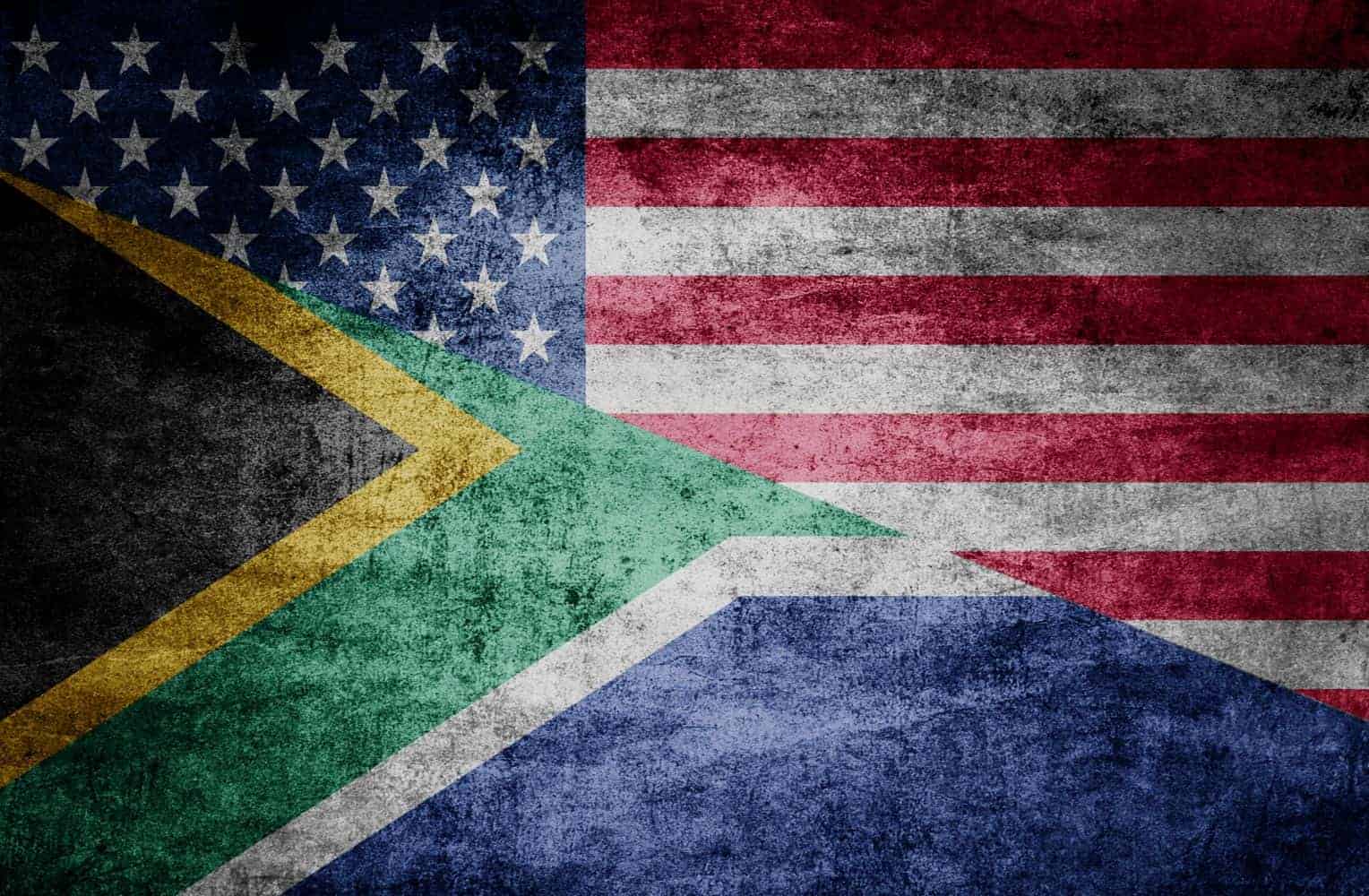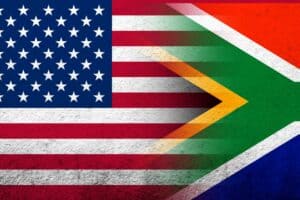US tariffs and summit snubs mark a turning point for Pretoria, testing its sovereignty and foreign policy independence.

Relations between Pretoria and Washington have once again plunged into a new historic low following a series of moves by US President Donald Trump.
In a single sweep, Washington has imposed punitive 30% tariffs on South African steel, citrus and automotive exports. These duties take effect from tomorrow after the US failed to respond to South Africa’s trade proposals.
The tariff blow has escalated diplomatic tension, with the US expressing disdain for South Africa’s broad-based black economic empowerment and land reform policies.
In addition, Trump announced a boycott of the G20 Summit in Johannesburg in November and there has been an intensified criticism of Pretoria’s legal action against Israel at the International Court of Justice (ICJ), accusing the country of “supporting genocide denial”.
At the heart of this diplomatic crisis, it must be admitted that US reaction is motivated by South Africa’s growing leadership within the Brics bloc – now expanded to include Iran, Ethiopia and Egypt – and its outspoken support for Palestine, including its ICJ case accusing Israel of genocide in Gaza.
ALSO READ: US tariff an existential threat for a third of metals and engineering sector
These positions have drawn fierce condemnation from the Trump administration and triggered a dramatic shift in US policy toward Pretoria.
As much as the Trump administration seeks to shield American industries, these protectionist tariffs smell of political motivation and economic recklessness.
They could cost thousands of South African jobs, disrupt key industrial supply chains and severely undermine efforts toward African industrialisation.
With such consequences, it leaves one to believe that South Africa is being punished for its exercise of sovereign foreign policy.
South Africa’s foreign policy shift has been years in the making. There have been talks for de-dollarisation, reform of global institutions and solidarity among developing nations in an attempt to challenge this entrenched Western-led domination of the world.
ALSO READ: As if US tariff is not enough, more bad news for South African exporters
Therefore, it ought not to be surprising that its firm stance on Palestine, including the closure of its embassy in Israel and calls for sanctions, has drawn civil society praise and Western disapproval.
Both Brics activism and pro-Palestinian diplomacy have made South Africa a target for ideological pressure from Washington.
And not only is this diplomatic row having grave consequences on paper, but the 30% tariffs which affect over R50 billion in annual exports, also threatens Pretoria’s continued participation in the African Growth and Opportunity Act – a US trade preference programme that has historically boosted African economies.
This moment signifies more than a breakdown in bilateral relations. It exposes the balance of forces in global governance where rising powers challenge the hegemonic influence of the West.
With Trump absent from the G20, the summit now ought to become a platform for global south leaders to resist US bullying and advocate for alternative visions of a new world order.
ALSO READ: Beyond Trump’s pointless pause
As for Washington, the path of coercion is now proving unsustainable. Because by alienating democratic partners like South Africa, it undermines its long-term influence in Africa, especially taking the rise of Chinese and Russian engagements into consideration.
However, Pretoria must not give up on engaging the US because, economically, a lot is at stake. But if South Africa is expected to forfeit its sovereignty, then this is the moment the country needs to look for other avenues that can ensure its survival without the US.
This diplomatic standoff is not simply about trade disputes or summit politics. It raises deeper questions about sovereignty, justice and the rules-based system that will define international relations in the 21st century.
A return to dialogue, mutual respect and principled engagement is not just desirable, it is imperative.






